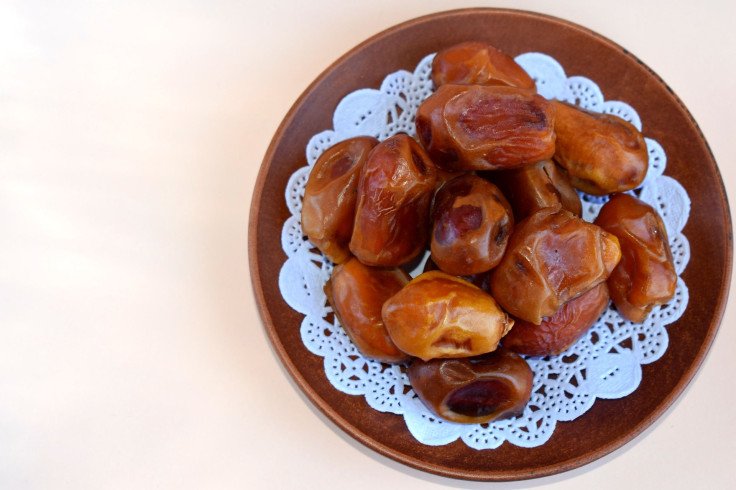Ramadan Diet Plan: What To Eat While Fasting To Stay Healthy

Ramadan is celebrated during the ninth month of the Islamic calendar and is known as the holy month of fasting. During Ramadan, Muslims all over the world fast during the daylight hours for around 29 to 30 days.
Fasting means that during daylight hours, Muslims do not eat or drink anything. The only meals they eat are Suhoor or Sehr, which is eaten before dawn, and Iftar, which is eaten after the sun has set. The holy month is then concluded with Eid-ul-Fitr or the Festival of the Breaking of the Fast.
While fasting is something humans can do, it is important to ensure that you are getting the right amount of nutrition in your diet. Fasting during Ramadan can last well over 18 hours on some days, making it absolutely imperative that you look after yourself and your health while you are fasting.
Suhoor – pre-dawn meal
Suhoor is the meal eaten just before dawn. As such, this meal should include foods that can provide long-lasting energy for you to use throughout the day.
Look for foods that have complex carbohydrates as these foods are energy-rich but release it slowly throughout the day, allowing you to fully optimize it. Below are some examples of foods you can eat during Suhoor to provide you with enough energy and nutrition throughout the day.
- Oats
- Breakfast cereals high in fibre
- Starchy foods such as couscous or rice
- Yogurt
- Bread
Iftar – post-dusk meal

Iftar is the post-dusk meal and is known as when Muslims break their fast. During Iftar, it is customary to eat dates and water. The combination of these two help to restore salt and sugar levels in the body, as well as rehydrate it in the process.
In addition to dates and water, here are some foods you can eat during Iftar to break your fast without shocking your digestive system.
- Drinks such as water, fruit juices and smoothies, milk
- Fruit
- Soup
Foods to avoid during fasting are generally those that are greasy and fatty as they offer little nutritional value and can instead make your fasting harder.
- High sugar and high fat foods
- Deep-fried foods
- High-fat cooked foods
© Copyright IBTimes 2024. All rights reserved.




















